When one of the world’s leading medical schools recently published a glowing report on the life changing health benefits of tai chi, it was music to Matthew Knight’s ears.
For the past 25 years, Matthew from Aberdeen has been practicing – and latterly teaching – the low impact, slow motion exercise.
So when the distinguished experts at Harvard Medical School recognised the practice’s many health and wellbeing benefits, it was big news.
“It was a really great article and the headline basically says that it’s the one exercise that people should be doing for the rest of their lives,” says Matthew.
“For the Harvard Medical School to say that about tai chi, you don’t get a more glowing testimonial.”
It was a childhood fascination with Bruce Lee, the iconic martial arts film superstar, that led Matthew to take up karate and then tai chi (also known as Taijiquan) the ancient Chinese exercise form that combines relaxed, slow movement with a calm, alert mental state.
“When I was a kid I was greatly inspired by Bruce Lee so I started practicing karate and I gradually found my way into tai chi as I got a little bit older,” says Matthew.
“I was about 20 or 21 when I started tai chi at university – that’s how it evolved.”
‘Meditation in motion’
Often described as ‘meditation in motion’, tai chi is a slow and gentle form of exercise that can improve muscle strength, flexibility, balance, and aerobic conditioning.
“It’s all about trying to find harmony within ourselves,” says Matthew.
“Many people don’t often focus on that because they are so busy and stressed with problems at work or problems at home so they don’t have time for themselves.
“But it’s very important to have an outlet and to develop something that works for you.”
Leaving his job in the oil and gas industry, Matthew, 46, took a leap of faith when the opportunity arose to teach tai chi and qigong, an entry level type of tai chi.
“My teacher Tina Faulkner-Elders, who runs the Ruyi School of Taijiquan and Qigong, moved to Inverbervie so she asked if I could teach classes in Aberdeen and it snowballed from there,” says Matthew.
Improves strength, balance and flexibility
Ten years on and Matthew’s classes throughout Aberdeen are going from strength to strength with people of all ages reaping the benefits.
“Basic regular practice of tai chi can develop key components of fitness like muscle memory, development of the core, muscle strength and flexibility,” says Matthew.
“One of the most important things it helps with though is balance.
“As people get older, one of the first things that usually goes is balance because we lose the connection between the upper and lower body.
“It also helps people to develop focus, patience and it can help you to be calmer and more balanced.”
Tai chi in Duthie Park
Tai chi has also taken Matthew to Wudang in China whicjh is often described as the home of tai chi.
“It’s on the top of a mountain and it’s a very beautiful place,” says Matthew.
“Normally when I go across I spend a month over there and it’s hardcore training.
“We do about 10 to 12 hours a day with Master Chen Lisheng.
“There’s not much sightseeing, it’s working hard and developing but it’s an amazing experience and hopefully they’ll do another trip soon.”
It’s never too late to start
It might not be a mountain, but Matthew loves to teach tai chi in Duthie Park.
“When Master Chen Lisheng came over to Aberdeen from China a few years ago, we took him to Duthie Park,” says Matthew.
“He said it had really good feng shui and that we could practice tai chi in the park so that’s what we did.
“We practice in a beautiful little oriental garden next to the winter gardens.”
Twenty-five years on from when he first started tai chi, Matthew is more passionate than ever about tai chi and hopes to inspire more people to give it a go.
“I’m very passionate about it and I do believe that ultimately people, with regular practice, can develop and progress,” says Matthew.
“It’s never ever too late – that’s one of the most important things in life, to keep striving.
“We are constantly learning and improving ourselves and I find that a big motivation.”
Looking to the future, Matthew, who teaches English as a foreign language with TEFL and who is a father of three young boys, hopes to keep learning and encouraging people to take up the practice.
“Obviously I want to continue learning and developing myself, that’s important as life is about learning,” says Matthew.
“I feel that tai chi, Qigong and meditation are very rewarding practices.
“There’s really no end, they’re often referred to as a lifetime art.
“You can always learn more about yourself.”
Wellbeing diary with Matthew Knight
What are your top three tips for health and wellbeing?
1. Breathe. Practise always to improve and strengthen the respiratory system and their functions through meditation.
2. Keep active. Go to the park regularly; walking outdoors is both vital and a wonderful way to balance our energy. The feeling and purity of the clean air invigorates the body and the many colours of the trees are good for both mental and physical wellbeing.
3. Take a break. Switch off social media and television. Life is complicated and hectic, simple is important too. Calm your mind, be present and re-evaluate point one – the breath.
Do you incorporate health and wellbeing into your diet?
Moderation is important. Food and drink are good, enjoy them but I try not to over indulge.
How do you like to de-stress?
Practicing Taijiquan (tai chi) and Qigong regularly focuses the mind and stress disappears.
Are there any health and wellbeing books/podcasts you would like to recommend?
Breath: The New Science of a Lost Art by James Nestor. This is a very good book as it outlines many of the aspects we look at when learning Taijiquan (tai chi) and Qigong but from a scientific perspective.
Do you have any advice on how to cope with stressful situations?
It is important to find time for yourself, develop a regular practice and this will leave you better prepared when faced with stressful situations.
For a full list of Matthew’s classes, check out the website ruyischool.com or check out his Instagram page @ruyi_school_knight
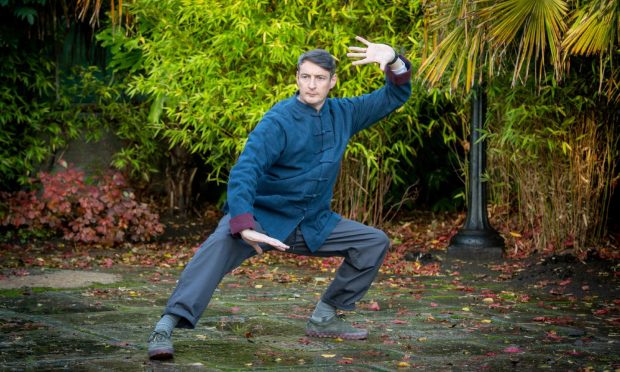
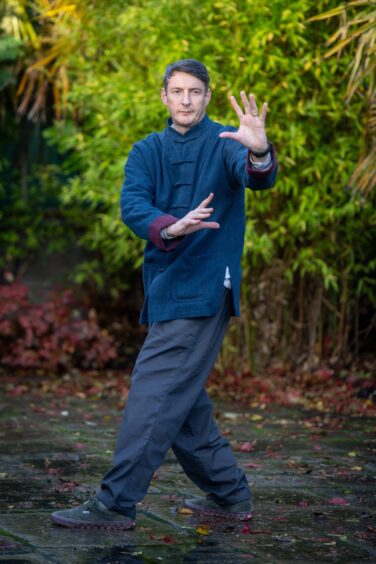
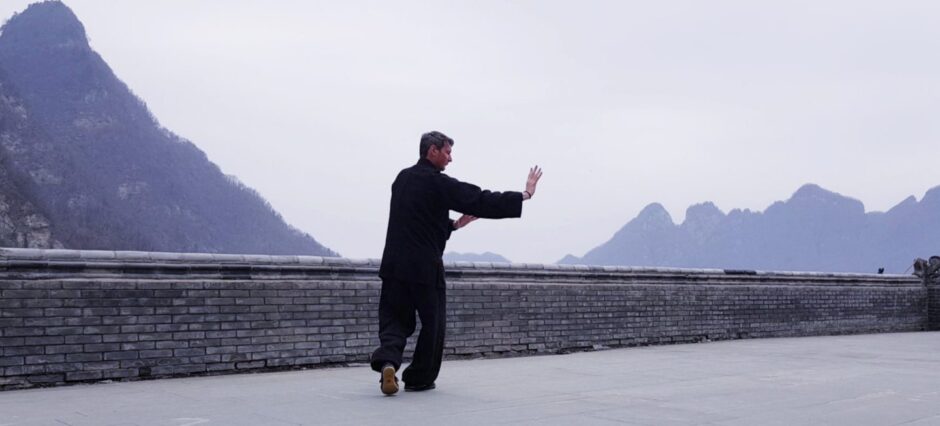
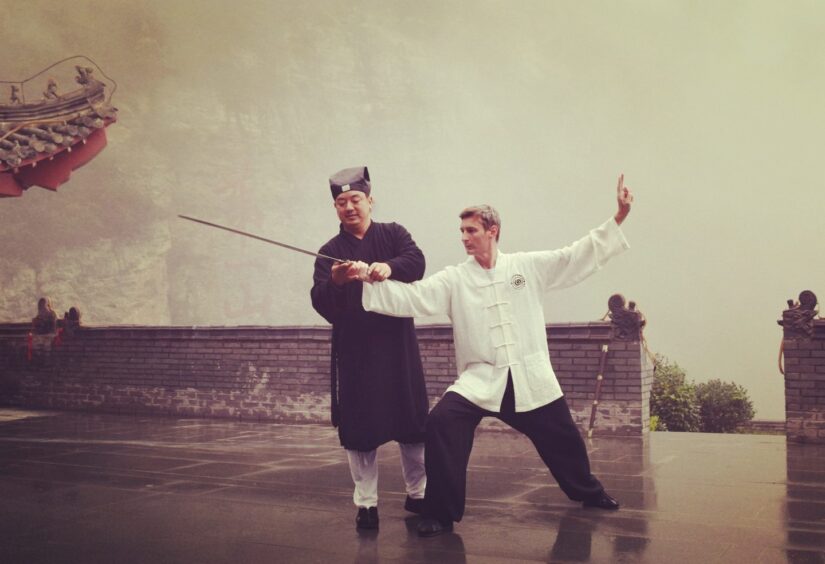
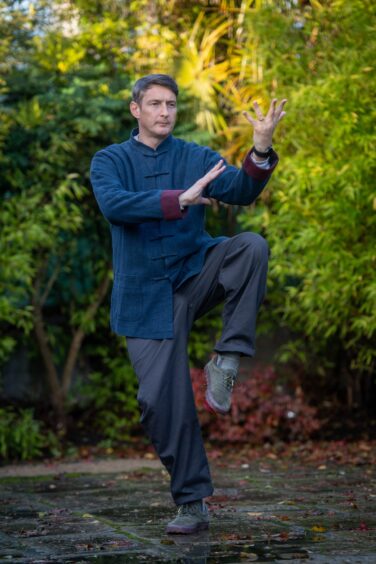
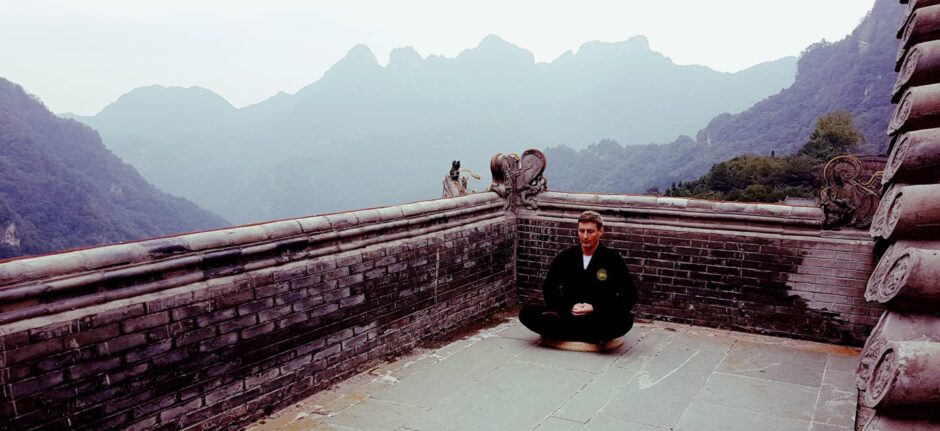
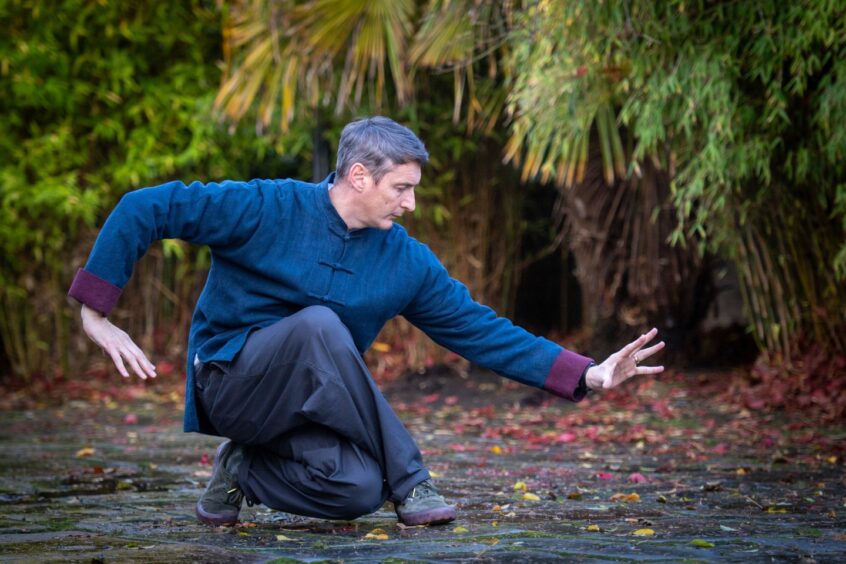


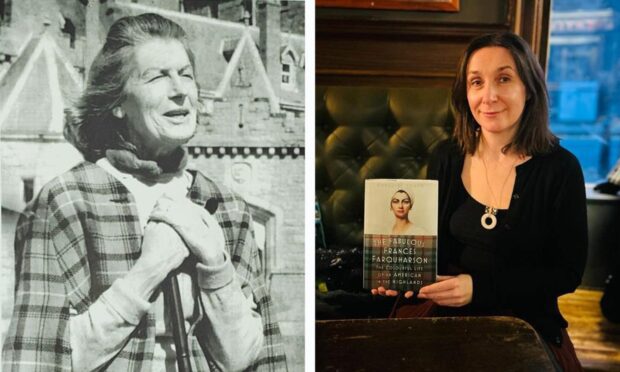




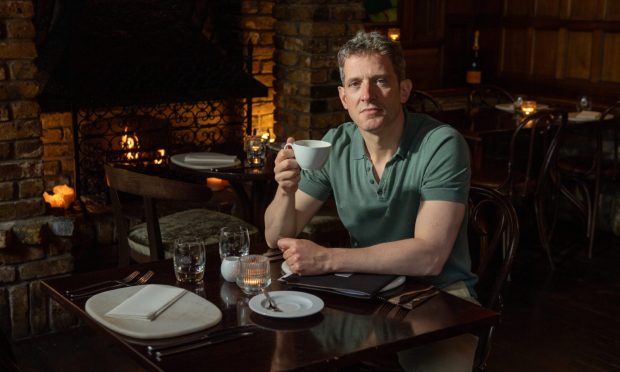

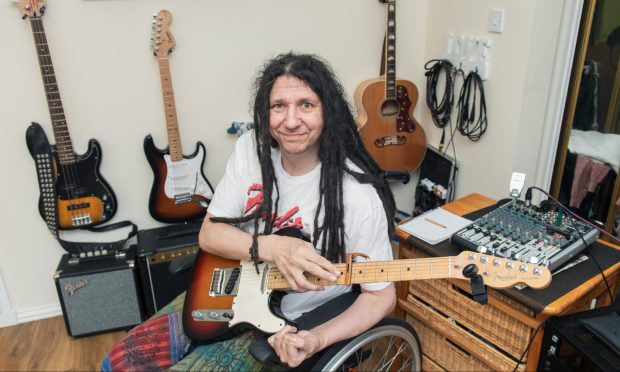
Conversation